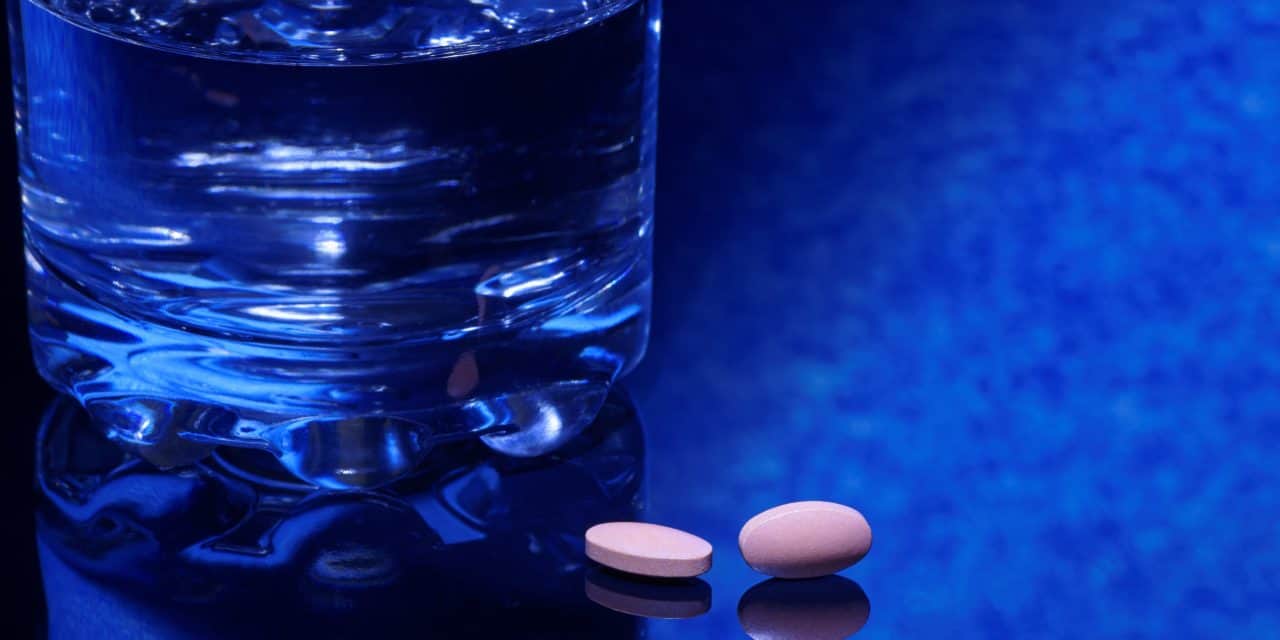I recently sat down with Dr Jason Kaplan to discuss statins health benefits. You can either watch the video or read the transcription below. According to Jason, there are a range of statins health benefits and as the most widely prescribed drug in the world it is useful to understand how they work.
What is a statin and what are the common brand names?
Statin is a drug taken to lower cholesterol. Statins are the most widely-prescribed drug in the world today, and up until a few years ago, Lipitor was the world’s most prescribed drug with millions and millions of scripts being written every year.
Other common statin brand names include Crestor, Enzocor and Pravachol. Most of the statins are generic but they may have different names.
What do statins do and what are some statins health benefits?
Statins affect the production of cholesterol in your liver. They are very good at lowering bad cholesterol, while some also raise good cholesterol and lower triglyceride levels.
Further, very large scale trials have shown that statins health benefits include reducing cardiac events in general.
There’s a lot of controversy among statins in the popular media, most likely because many people are taking them uneccesarily.
You will benefit most from statins if you are at very high risk for heart disease, especially if cardiac risk factors are present. Cardiac risk factors include high cholesterol, high blood pressure, a strong family history of cardiovascular disease, or a previous heart event or heart attack. You may also benefit from statins if you have vascular disease, such as a narrowing of the blood supply to the brain, which causes stroke, or to the legs, which is peripheral vascular disease.
The concentration of the bad cholesterol (LDL) in the blood causes a higher risk of having a cardiovascular event, and statin treatment targets this. If someone with coronary disease or pre-existing coronary disease can reduce LDL to under 1.8 by using statins, then this can even reverse heart disease. This causes the plaque in the arteries to thin down. It is fairly difficult to reduce LDL levels this far without statins. There are some people that can do this on a more plant based and vegan style diet, but if you have a very high risk of cardiovascular disease then statins are very effective.
What you should consider when being prescribed a statin
If a doctor prescribes you a statin then you need to consider any other drugs you are taking at the same time and the potential for side effects. The metabolism of other drugs can often affect statins, and vice versa, so it’s important to look for drug interactions.
Some people do get side effects from statins and the most common side effect involves muscle aches and pains. This is tolerable for many but sometimes this can become more severe and ultimately become muscle inflammation or even a muscle tissue leakage.
This is often picked up in a blood test called creatinine kinase.
Most people, however, can tolerate statins very well without any problems.
What to do about the side effects of statins?
There are a number of ways to modulate the side effects of statins. One is to take them on alternate days.
Another way to reduce statins side effects is by taking a supplement called coenzyme Q10, or Ubiquinol. Research shows this reduces some of the muscle aches associated with statins.
Doctors suggest trying this out for about a month and seeing if it makes a difference to muscle aches. If it does, then problem solved. If it doesn’t work, then there’s little point to continuing taking it.
The most important thing to remember is that we can’t out-supplement or out-medicate ourselves out of poor lifestyle choices!
Who shouldn’t take statins?
You shouldn’t take statins if you are at risk for any cardiovascular events over the next 10 years. To determine if you are at risk you can use a traditional risk score calculator.
You also shouldn’t take them if there is an absence of plaque in your arteries as tested by a CT Coronary Angiogram or a Coronary Artery Calcium Score. This suggests you don’t need statins to lower your cholesterol and should use diet and lifestyle measures instead.






